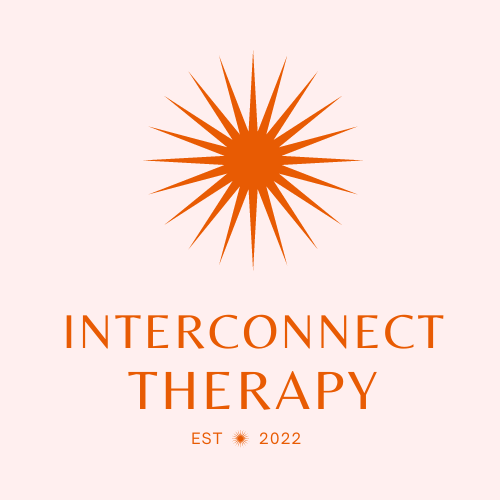15 Years, Thousands of therapy Hours later—I’m Still Not the Expert
Published on July 15th, 2025 | San Francisco's Leading Neuroaffirming Child Therapy Practice
As a neurodivergent child therapist who works exclusively with neurodivergent kids, there’s something that might surprise you: I never call myself an "expert" on in the world of therapy. The reason goes to the heart of what truly effective, affirming therapy looks like.
The Real Experts Are Already in the Room
When 8-year-old Maya sits across from me, stimming with her fidget toy while explaining how the fluorescent lights make her feel like her skin is buzzing, she's not describing something I need to fix. She's teaching me about her experience. Maya is the expert on being Maya. My job isn't to know more about her neurodivergence than she does—it's to help her understand and advocate for her own needs.
The moment I position myself as the "expert," I've already shifted the power dynamic in a way that can be harmful. I've suggested that my clinical knowledge trumps their lived experience. But here's what years of this work have taught me: the most profound breakthroughs happen when I approach each child as the expert on their own neurological experience.
Learning, Not Lecturing
Every session is a masterclass taught by a child who navigates the world differently than I do. When 12-year-old Alex explains that his "meltdowns" aren't tantrums but overwhelm responses to sensory chaos, he's not just sharing information—he's correcting decades of misunderstanding in the field. When 6-year-old Sam shows me how she uses echolalia to process emotions, she's demonstrating communication strategies that no textbook could have taught me.
My role is to be a student first, therapist second. I bring clinical training, yes, but they bring something irreplaceable: authentic, lived expertise about what it's like to be neurodivergent in a neurotypical world.
The Danger of "Expertise"
The history of autism and ADHD treatment is littered with "experts" who never stopped to ask neurodivergent people what they actually needed. We've seen decades of interventions focused on making neurodivergent children appear more neurotypical, rather than helping them thrive as their authentic selves.
I was diagnosed with ADHD in 1998—I've lived with this neurotype for over 25 years now. I've experienced the masking, the overwhelm, the unique gifts that come with an ADHD brain. I've navigated school systems, workplaces, and relationships as a neurodivergent person. And yet, I still don't call myself an expert on neurodivergence.
Why? Because my experience is just one experience. My ADHD presents differently than Maya's autism, differently than Alex's combination of ADHD and anxiety, differently than Sam's unique neurological profile. The moment I assume my lived experience makes me an expert on all neurodivergence, I've closed myself off to learning from the incredible diversity of neurological experiences sitting across from me.
When I call myself an expert, I risk perpetuating this harmful dynamic. I risk believing that my professional training—or even my personal experience—matters more than their personal truth. I risk trying to "fix" what isn't broken and missing the real supports they need.
What I Am Instead
I'm a facilitator. A translator. A bridge between neurodivergent children and a world that doesn't always understand them. I'm someone who has studied the landscape of neurodivergence extensively, but who recognizes that the map is not the territory—and the territory belongs to the children I work with.
I'm trained in evidence-based interventions, but I'm also trained in something more important: listening. Really listening. To the child who says they need movement to think. To the teenager who explains that eye contact feels like staring into the sun. To the family who's tried everything and just wants someone to see their child's strengths, not just their struggles.
The Collaboration That Changes Everything
The most transformative moments in my practice happen when I stop trying to be the expert and start being a collaborator. When I ask, "What would help you feel safer in school?" instead of prescribing a solution. When I wonder aloud, "I notice you do this thing with your hands when you're thinking—can you tell me about that?" instead of pathologizing a behavior.
This shift changes everything. Children who have been misunderstood start to feel seen. Families who have been blamed start to feel supported. And I get to do the work I'm actually trained for: helping neurodivergent kids develop the tools they need to thrive in their own beautiful, complex ways.
The Experts Are Teaching Us
So no, you won't hear me call myself an expert on neurodivergence. The experts are already here—they're the children and families who live this reality every day. My job is to learn from them, support them, and help create a world where their expertise is valued and heard.
Because that's when the real magic happens.
-Taylour
As neurodivergent individuals ourselves, we understand that the most powerful interventions come from centering the voices and experiences of those we serve. If you're looking for neurodivergent-affirming therapy that honors your child's expertise about their own experience, we're here to support that journey.

